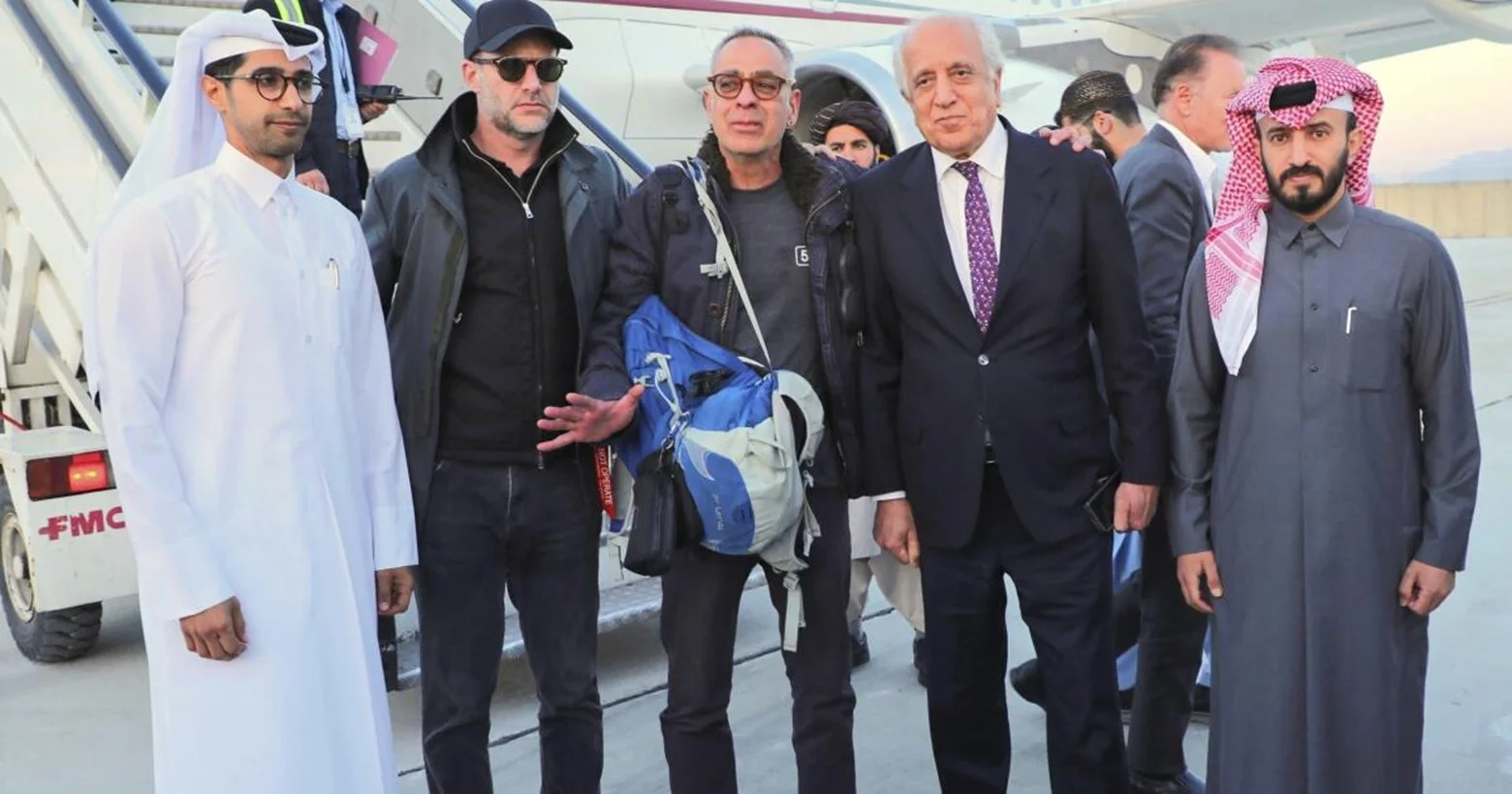Distorting Reality and Shaping Political Narratives

Zalmay Khalilzad’s recent remarks alleging Pakistan of sending ISIS terrorists as refugees into Afghanistan has sparked both political debate and tensions. His remarks, which have been widely circulated via his social media platforms have garnered sufficient skepticism and concern alike. Even though the former US ambassador to Afghanistan’s accusations were a dig at Pakistan, painting it as a malicious actor in the region, his remarks have a seem to fall short of evidence and objectivity.
One cannot ignore the context behind Khalilzad’s statements. His recent visit to Afghanistan was along side Adam Boehler, a renowned CIA asset and a member of the American Jewish Congress. Although the purpose of the visit was to facilitate a prisoner exchange, sources believe the visit was majorly fueled by political narratives. It seems that both took on the role of representatives of US President Donald Trump, repeating a pattern of political interference instead of pushing for counterterrorism and diplomatic efforts. This raise concerns around Khalilzad’s intentions, if whether his statements are embedded in truth or are aimed at webbing a political rhetoric against Pakistan.
Khalilzad’s accusations against Pakistan of sending ISIS terrorist to Afghanistan is not new. He has previously given statements and raised serious accusations against Pakistan void of evidence and reality. His course of action is often utilized in the sphere of international diplomacy, where public accusations are levied against a state without any solid ground. This time Khalilzad appears to be villainizing Pakistan while propagating a geopolitical agenda, completely ignoring the issues on ground.
A pertinent aspect of Khalilzad’s statement is his selective concern for certain threats while completely ignoring threats of equal urgency. Khalilzad’s dire concern over Pakistan allegedly harboring ISIS terrorists seems ironic considering his silence over the operation of the Tehreek-i-Taliban Pakistan- TTP from Afghanistan’s soil. TTP is a globally declared terrorist group, with US intelligence agencies recognizing it as a terrorist group as well. However, Khalilzad has never vocalized his concern nor condemned the terrorist groups activities, neither has he called out Afghanistan for providing safe havens to the group. This is indicative to the rhetoric that his concerns may be driven by agenda of political maneuvering rather than advocating for counterterrorism.
However, it is difficult to ignore Khalilzad’s selective outrage, especially, his fixation on ISIS and neglect of TTP activities. This inconsistency proves that a bigger agenda is at play, indicating that his views are not really concerned with Afghanistan’s stability, nor the safety of its people. The leadership and associates of ISIS-K, the branch of ISIS active in Afghanistan are mostly Afghan or Central Asian. Khalilzad nevertheless maintains a narrative in which refugees, especially from Pakistan, are to be blamed for problems in Afghanistan. His narrative is reflective of some groups such as the Global Defense Initiative (GDI), which are often accused of spreading disinformation in order to fuel rifts between regional actors. The manufactured tale of Afghan and regional politics is also filled with dangerous stereotypes and misrepresents the complexity of the realities in Afghanistan and the region.
In addition to being reckless, Khalilzad’s framing of Afghan refugees as potential terrorists is irresponsible. Throughout history refugees have been used as scapegoats amid geopolitical tensions, with their vulnerabilities being exploited for political gains. Although, a discredited tactic such narratives have been used previously as well, where entire refugee populations were labeled as national security threats. When such language comes from people of high stature like Khalilzad it serves only to exacerbate tensions and distrust among other countries. This also undermines the important humanitarian work being carried out to help millions of refugees who have fled wars and violence, trying to rebuild their lives in peace.
Notably, these developments follow a larger pattern of using Afghanistan as a political pawn in global power struggles. There is a possibility some may find Khalilzad’s accusations as true, there is no denying that they do not address the reasons behind terrorism in Afghanistan, or in the wider region. It is unfortunate that Khalilzad has painted an entire population as terrorist instead of acknowledging the fact that the real sources of Afghanistan’s instability are from political, economic and security hurdles the country faces. Painting whole groups of refugees as terrorists runs the risk of ignoring the very people who need the most help. It is important to understand that it is ongoing conflict, a lack of cohesive governance structure, some regional actors who continue to pursue their interests through proxy wars, that are destabilizing Afghanistan, not the fact that it is refugees.
Instead of blaming Pakistan for Afghanistan’s problems, the international community should rather deal with the fundamental reasons that prompt violence and instability in the region. It translates into supporting efforts to rebuild Afghanistan’s infrastructure, to build better governance, to fight corruption and to hold accountable any terrorist group whether it is ISIS, TTP or any other group for that matter. The only way to move toward lasting peace and stability of the region is with a comprehensive approach to Afghanistan’s challenges.
However, Khalilzad’s most recent statements should be viewed in light of his history of political maneuvering in the region. His selective outrage and inaction on an urgent issue like the TTP safe havens brewing in Afghanistan indicate that his motives lie elsewhere. Thus, his claims must be treated with skepticism by policymakers, analysts and other members of the Afghan community as well as the international community and focus on the real solutions to attain peace and stability in the region.











